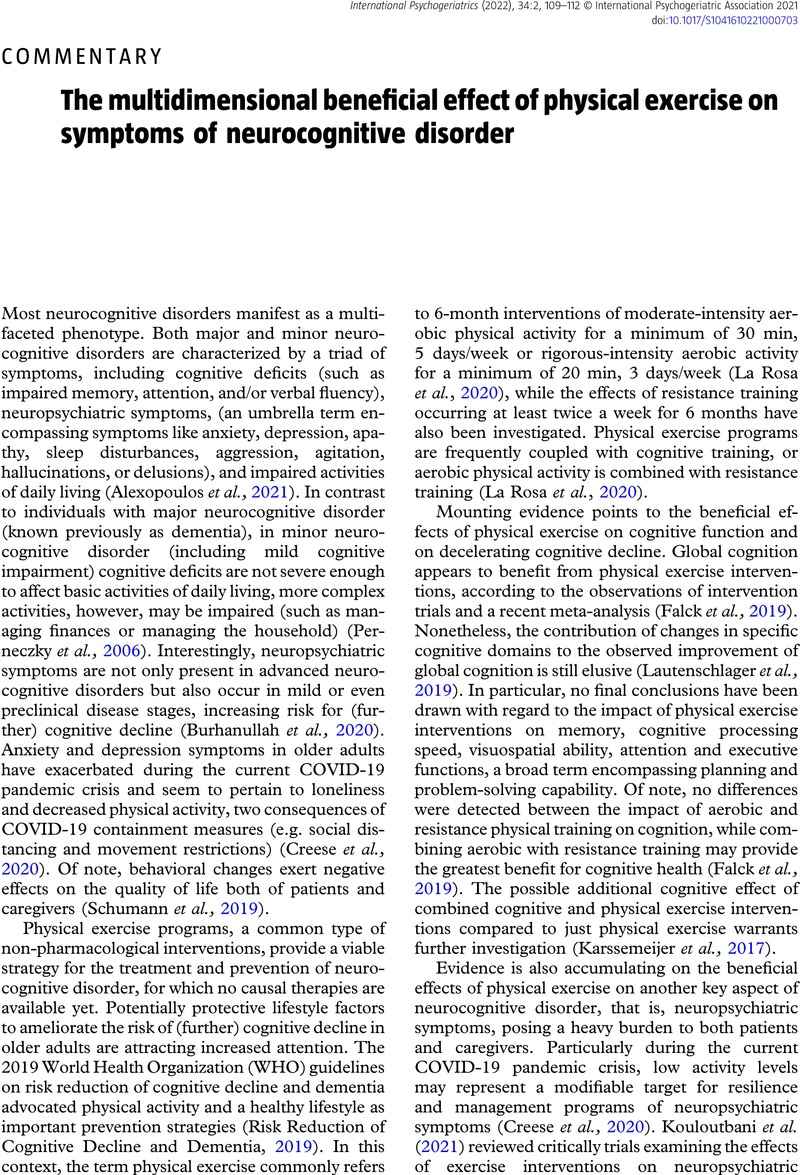Crossref Citations
This article has been cited by the following publications. This list is generated based on data provided by Crossref.
Billis, Evdokia
Nastou, Eftychia
Lampropoulou, Sofia
Tsekoura, Maria
Dimakopoulou, Eleni
Mastoras, Nikolaos
Fragiadaki, Ioanna-Maria
Siopis, Eleftherios
Michalopoulos, Nikolaos
Sakka, Paraskevi
Koula, Maria
Basta, Maria
and
Alexopoulos, Panagiotis
2024.
Physical Activity Component of the Greek Interventional Geriatric Study to Prevent Cognitive Impairment and Disability (GINGER): Protocol Development and Feasibility Study.
Healthcare,
Vol. 12,
Issue. 22,
p.
2282.



